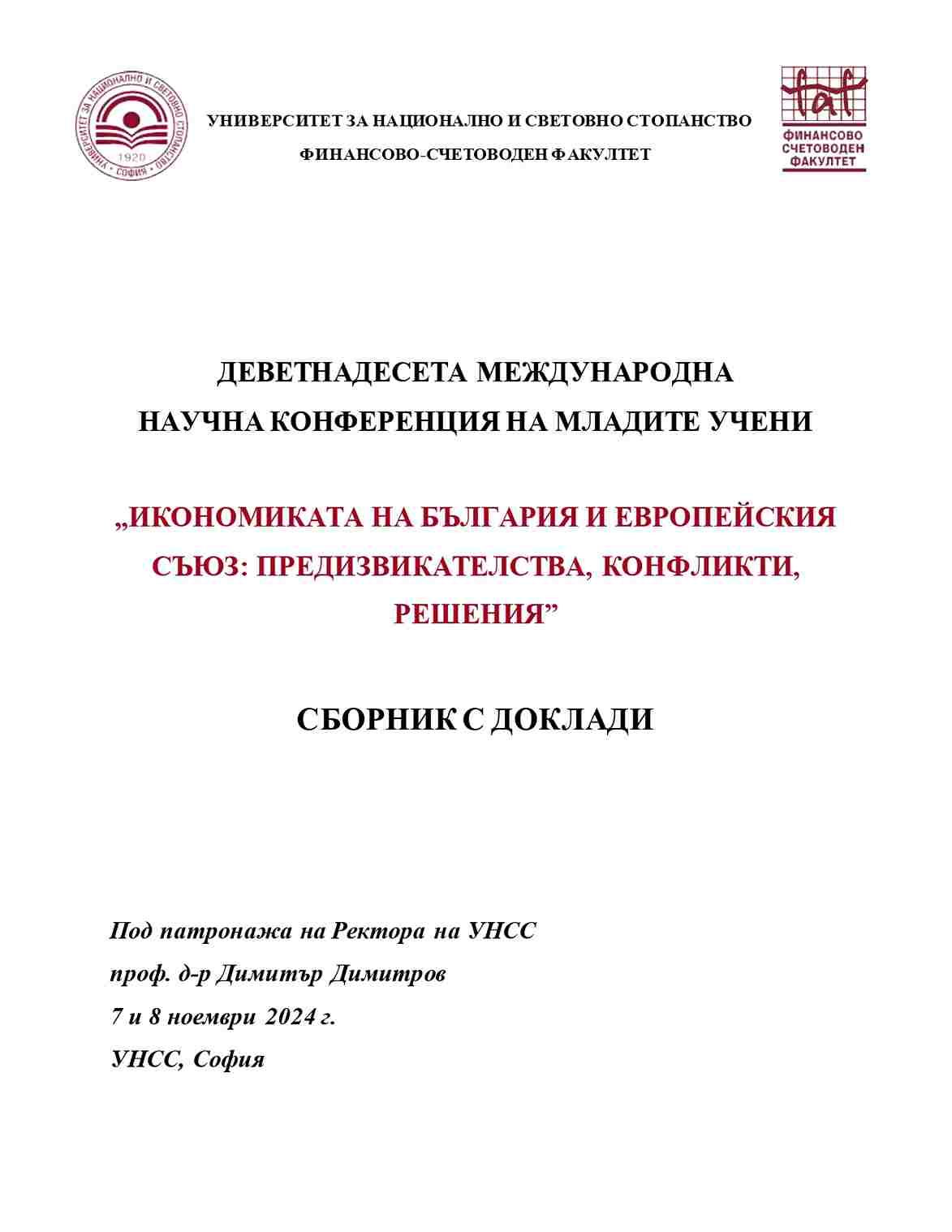
Изграждане на критично мислене в подрастващите: предизвикателства за съвременната образователна среда
In today‘s dynamic and digitalized world, fostering critical thinking in young people is one of the most essential tasks of the educational system. It is no longer enough for children to memorize facts – they need to understand, reason, and learn to evaluate the information they encounter. The educational environment, functioning as a microcosm of society, shapes not only knowledge but also attitudes, behaviors, and skills for dealing with real-life situations. It should become a space where students not only acquire knowledge but also learn to ask questions, search for meaning, and defend their positions. However, this requires a different approach, more flexible methods, and a clear vision for developing thinking individuals. Education, in this sense, is not only a tool for knowledge but also a resource for shaping independent people who can navigate the complexity of the modern world and take responsibility for their own choices.
More...

